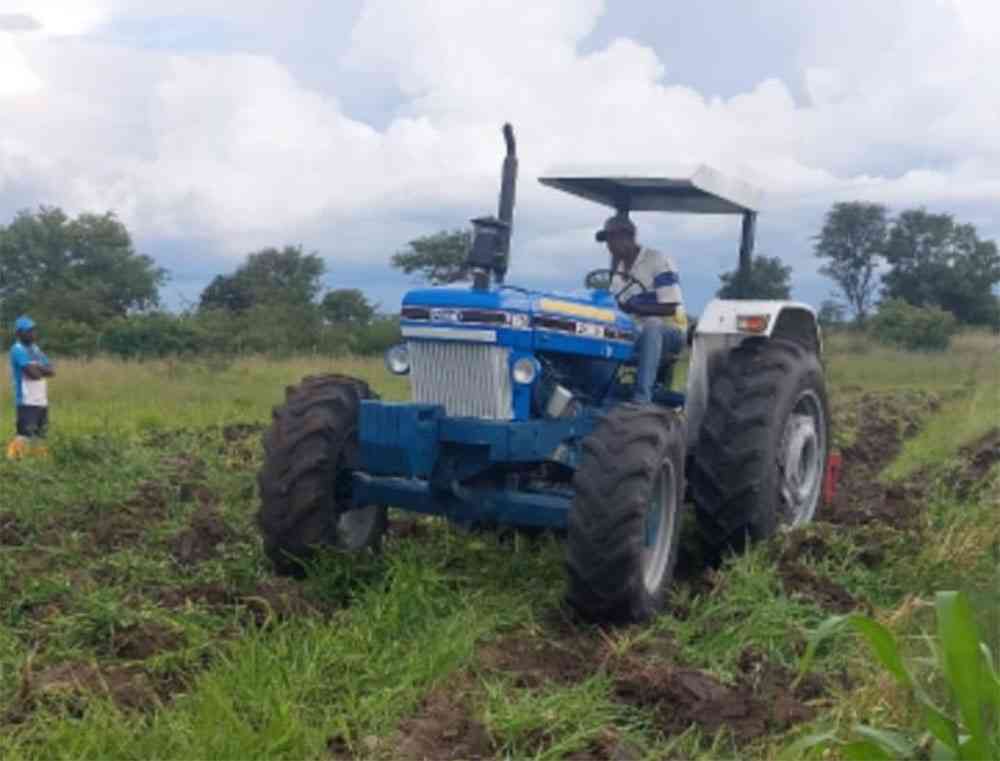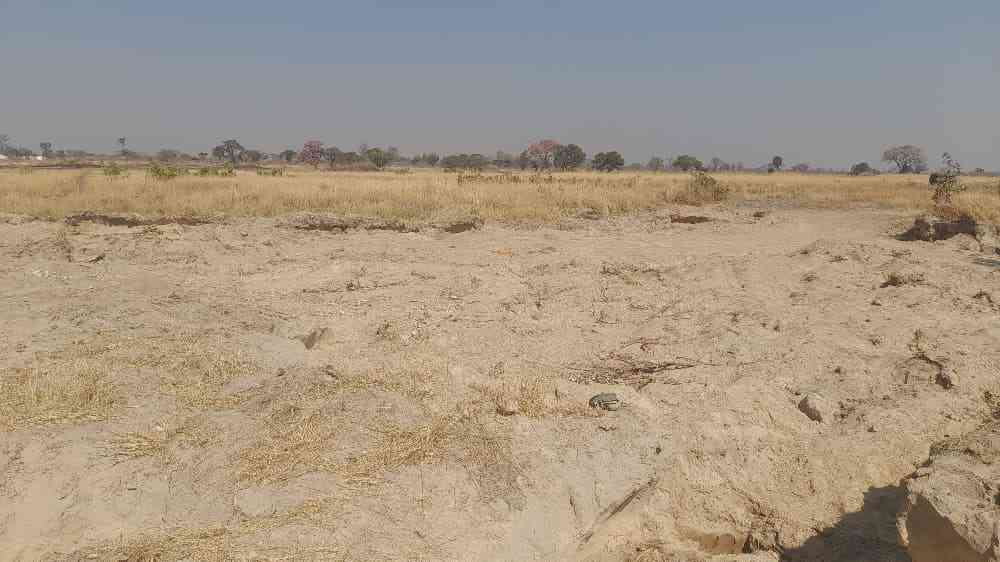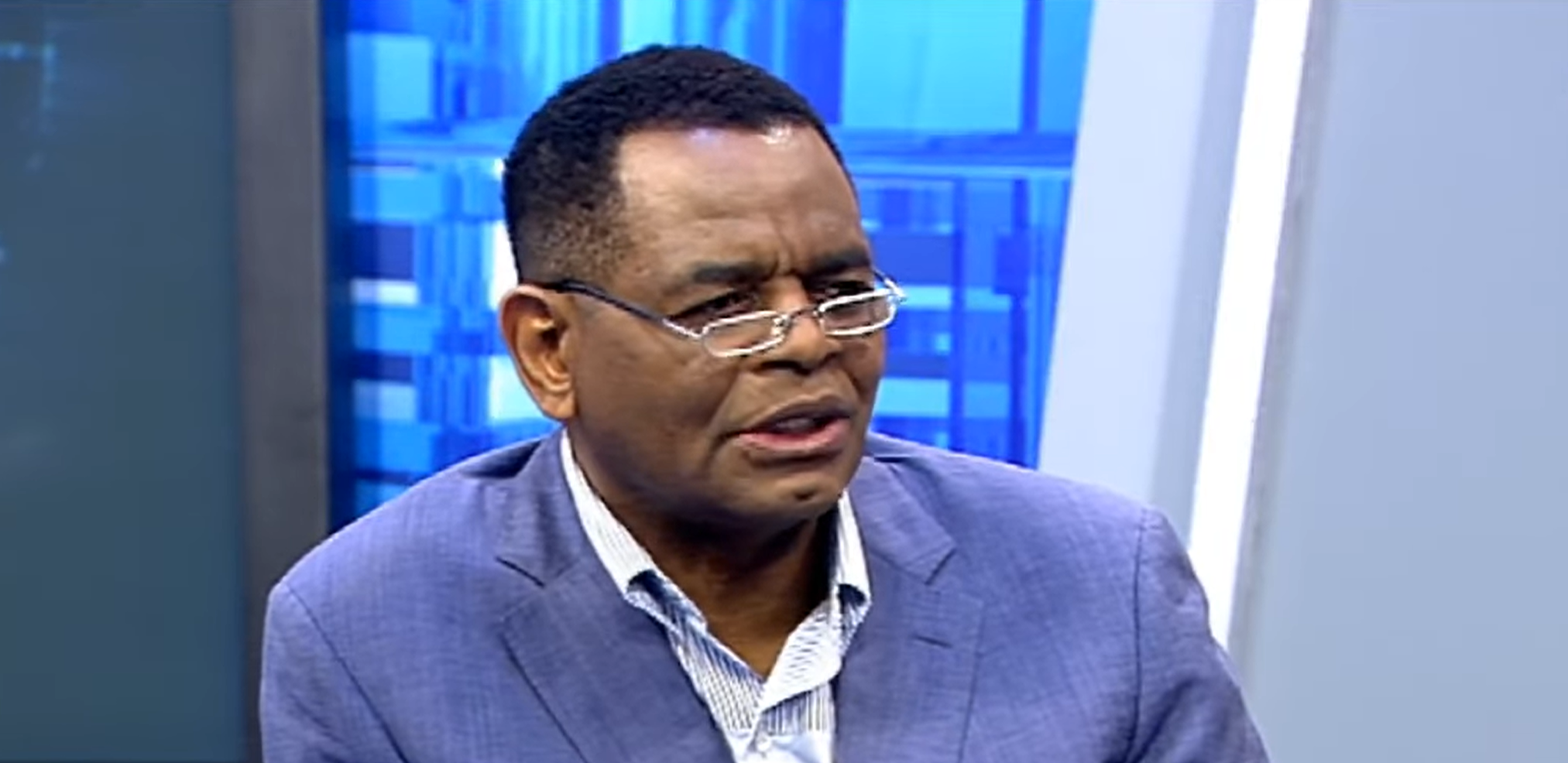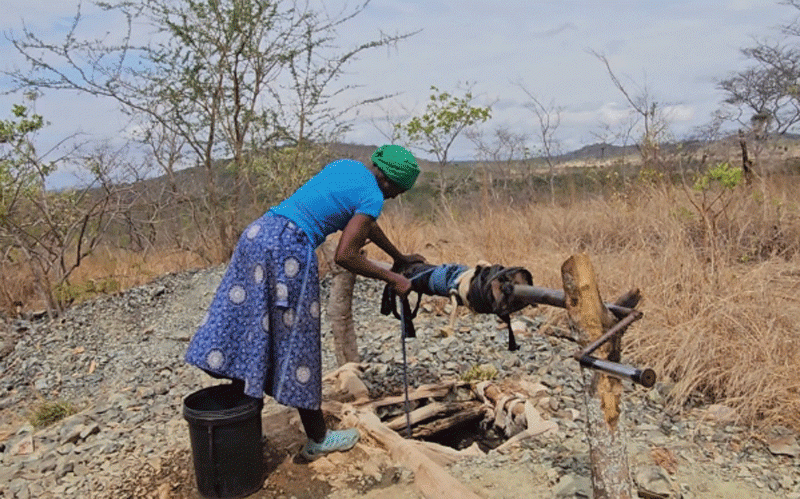
The Mutale family is staring at the loss of their 22-hectare farm in Chegutu, a piece of land they insist was rightfully allocated to their late mother, Stella, during the country’s land reform programme.
What should have been a story of continuity and growth for the family has instead turned into a tale of betrayal, alleged corruption, and the creeping influence of shadowy political power.
At the centre of the storm is a land officer in the Ministry of Lands, Agriculture, Fisheries, Water and Rural Development in Chegutu, Farai Mawomo, and former Zanu PF official Benjamin Ganyiwa, who according to the Mutale family, are colluding to elbow them off the farm to pave way for Patricia Nyikadzino.
The Mutale family’s troubled began during the Covid-19 pandemic, investigations carried by Truth Diggers have revealed.

After their mother’s death on September 3, 2020, delays in the change of estate papers created a window of vulnerability.
Edmund Mutale, who has since been appointed heir to the estate, told Truth Diggers that their family was in mourning, coupled with the bureaucratic paralysis of the pandemic period.
“We were following due process. The land officer himself guided us to regularise the estate, and we did exactly that.
“We never expected that the same person would turn against us when everything was in order,” Edmund told Truth Diggers.
Once the estate change was finalised, the Mutales invested heavily in the farm. They purchased tractors, trucks and other machinery and for the past three years, they have been producing crops successfully although under pressure from Ganyiwa and his team.
But earlier this year, they received shocking news. Their offer letter, dating back to 2005, was being disregarded, and a process to “reallocate” the land to Nyikadzino allegedly through Ganyiwa was allegedly underway.
“We don’t even know this Ganyiwa. We have never met this so-called new beneficiary. The only person we see is a caretaker he sent, who is already destroying the land through sand mining,” Edmund said.
The family claims sand extraction on their farm has caused severe environmental degradation and disrupted farming activities. Workers have reportedly been harassed and threatened by Ganyiwa’s caretaker and his team.
This is not an isolated case. Zimbabwe’s land governance has for years been plagued by allegations of corruption, double allocations, and politically motivated dispossessions.
A 2020 report by Transparency International Zimbabwe (TIZ) revealed that corruption in land allocation was one of the country’s most widespread forms of graft.
The report noted that “political elites and connected individuals often use their influence to override legal processes, while ordinary beneficiaries are displaced or dispossessed.”
According to the Zimbabwe Land Commission’s 2017 audit, nearly 1,4 million hectares of land were under dispute due to double allocations, illegal occupations, and fraudulent reassignments.
A land rights lawyer, who has handled similar disputes, told Truth Diggers: “The root of the problem lies in the offer letter system. Offer letters are administrative, not legal, documents.”
“They can be withdrawn, altered, or challenged without court oversight. Until Zimbabwe introduces secure land tenure in the form of transferable leases or title deeds, families like the Mutales will always be at risk.”
Environmental expert Obrien Tapuwa Nhachi raised concern over the sand mining operations:
“Sand poaching is devastating communities across the country. It destroys arable land, pollutes rivers, and leaves behind gaping pits,” Nhachi said.
“What we see in Chegutu is a classic case where political protection is being used to cover up environmental crimes.”
Lands ministry officials could not be reached for comment yesterday, but sources within the ministry said the ministry does not condone corruption or illegal land occupations.
“Where disputes arise, beneficiaries are encouraged to bring documentation to the Lands Commission for review,” said the source.
“If there is evidence of misconduct by officials, we urge affected parties to lodge formal complaints so that investigations can be carried out.”
Nhachi said the challenge was that such complaints often die in the ministry’s corridors.
“Without political will, accountability remains elusive,” he said.
Agriculture remains Zimbabwe’s economic backbone, employing over 60% of the population and contributing around 17% of GDP.
Yet uncertainty over land ownership continues to hamper productivity and investment.
In 2021, President Emmerson Mnangagwa pledged to clamp down on land barons and corruption in land administration. But critics argue little has changed on the ground.
Ganyiwa, a former Gutu East MP and Kudakwashe Gopo were fired from Zanu PF early this year over a litany of allegations, which were linked to their resistance to the ED2030 agenda.
Ganyiwa was accused of disloyalty after holding meetings without notifying leadership, being in a constituency WhatsApp group where people denigrate leadership and failed to reprimand them.
He was also accused of fanning factionalisms by holding meetings with people outside the district as well as name-dropping where he claimed to be close to the national leadership; hence he did not take orders from the provincial leadership.
The former Gutu East MP could not be reached for comment yesterday.
The Mutales said they were prepared to fight for their land, even if it meant going to court.
“We are not moving. This is our inheritance. We are the genuine owners, and we will defend our farm,” Edmund vowed.
The family reported the Ganyiwa’s caretaker to the police and a docket for illegal occupation of gazetted land CR73/09/25 has been opened.
The Mutale case is not just about one family in Chegutu. It is a symptom of a broken land administration system where corrupt officials and politically connected individuals thrive at the expense of genuine farmers.
Unless urgent reforms are undertaken, more families will face dispossession, investments will go to waste, and Zimbabwe’s dream of agricultural recovery will remain a mirage.
- Truth Diggers is the investigative unit of Alpha Media Holdings (AMH), publishers of NewsDay, Zim Independent, The Standard and Southern Eye. AMH also operates an online broadcasting channel HStv










